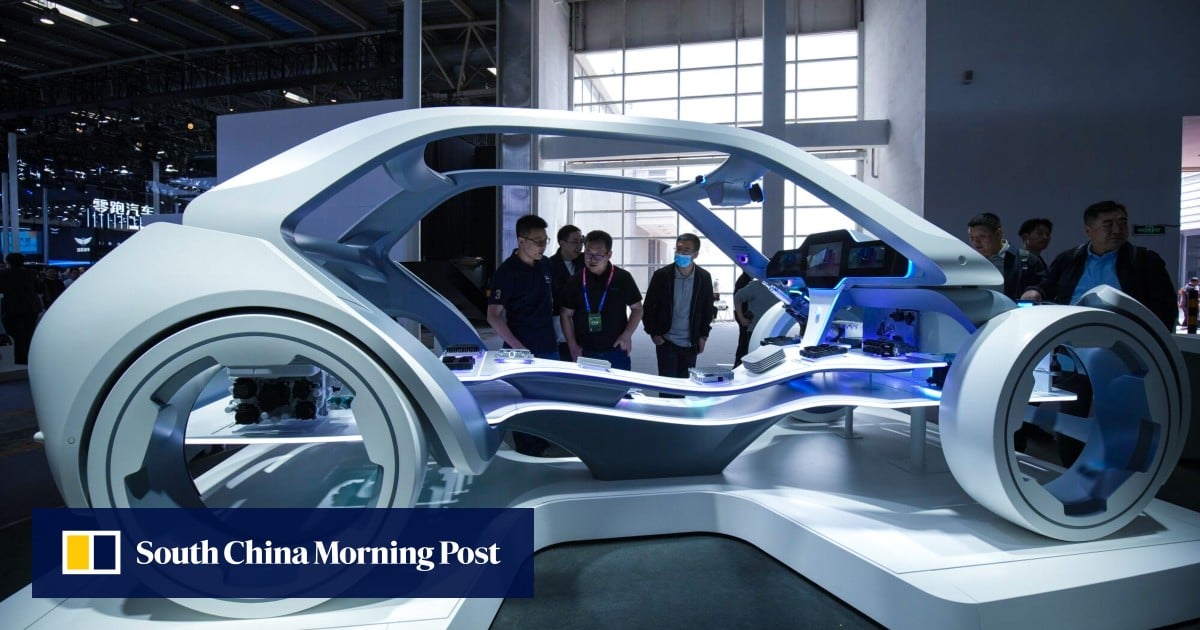Xu was among the business leaders who met Xi in East China’s Shandong province on May 23 when the Chinese president struck a pro-business and pro-growth tone to reassure bosses of state-owned companies, senior executives of multinational firms, private entrepreneurs and investors about China’s economic outlook.
Bosch, the world’s largest automotive supplier, has had a presence in China since 1909. It reported revenue of €18.2 billion (US$19.5 billion) in 2023, up 5.2 per cent year on year.
About 80 per cent of the company’s revenue in China derived from its automotive segment, which includes autopilot software for autonomous-driving systems, electromechanical brake boosters and anti-lock braking products.
Xu’s proposal to Xi came after mounting worries about the overall profitability of Chinese EV makers and component providers as they engaged in an aggressive price war to win market share and clear inventory amid overcapacity woes.
Xu did not disclose Xi’s reaction to his suggestions.
“The visa waivers [Beijing] granted to German citizens do help our engineers to travel to China to improve their work efficiency,” he said he told Xi, adding that China’s efforts to protect foreign businesses’ intellectual property rights bolstered his company’s confidence in increasing its investment in the world’s second-largest economy.
In February, BYD, the world’s largest electric vehicle (EV) builder, fired the first salvo in a price war on the mainland, slashing the prices of nearly all of its cars by 5 to 20 per cent.
After that, the prices of 50 models across a range of brands have dropped by 10 per cent on average, Goldman Sachs said in a report in April.
Mainland China is the world’s largest EV market, with electric car sales accounting for 60 per cent of the global total.
The White House announced in May that the US would impose a 100 per cent duty on imported Chinese battery-powered cars, nearly quadruple the previous rate of 27 per cent.


.jpg?itok=Qexy_wA0)